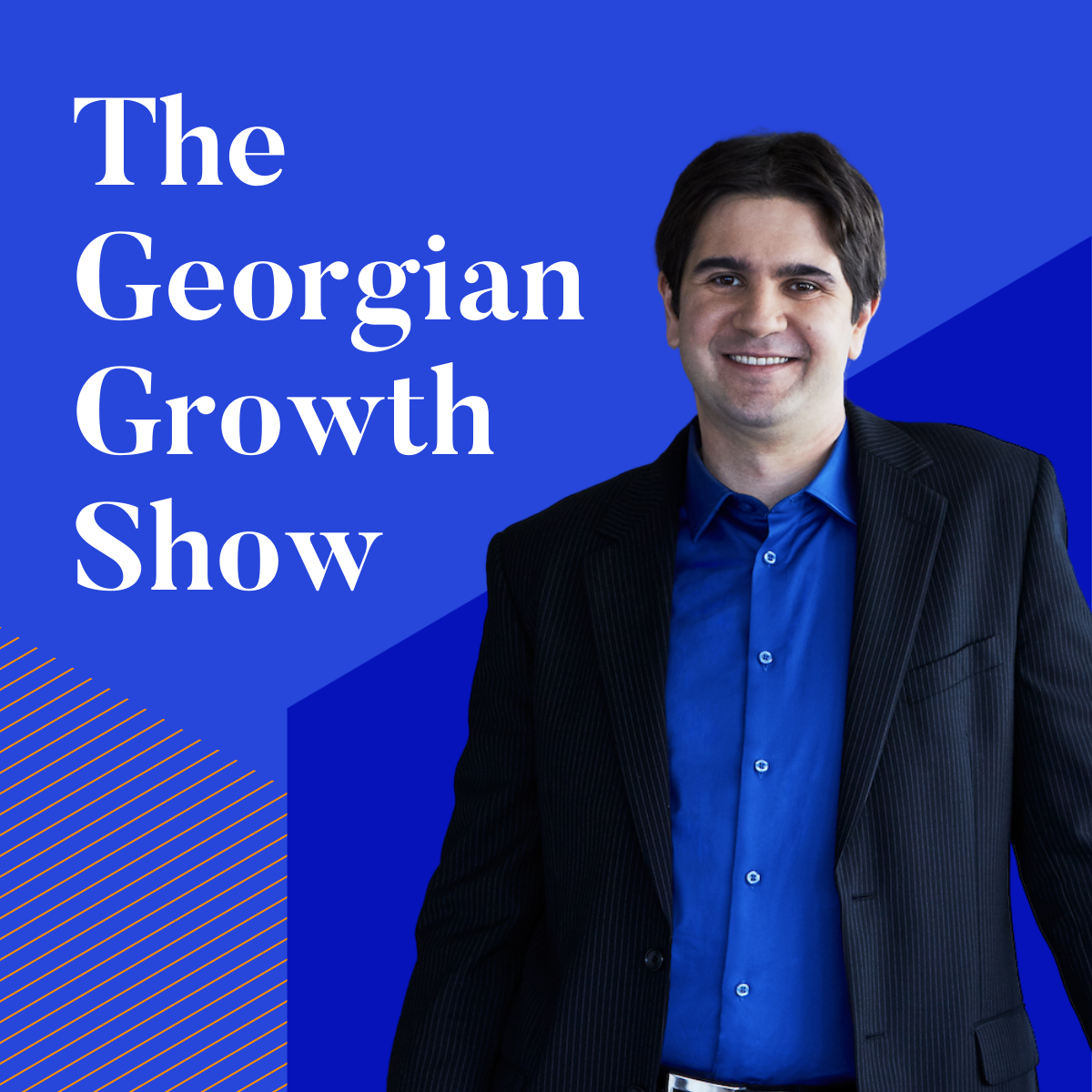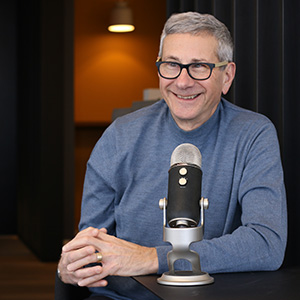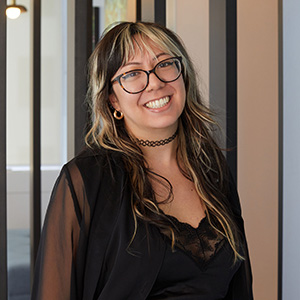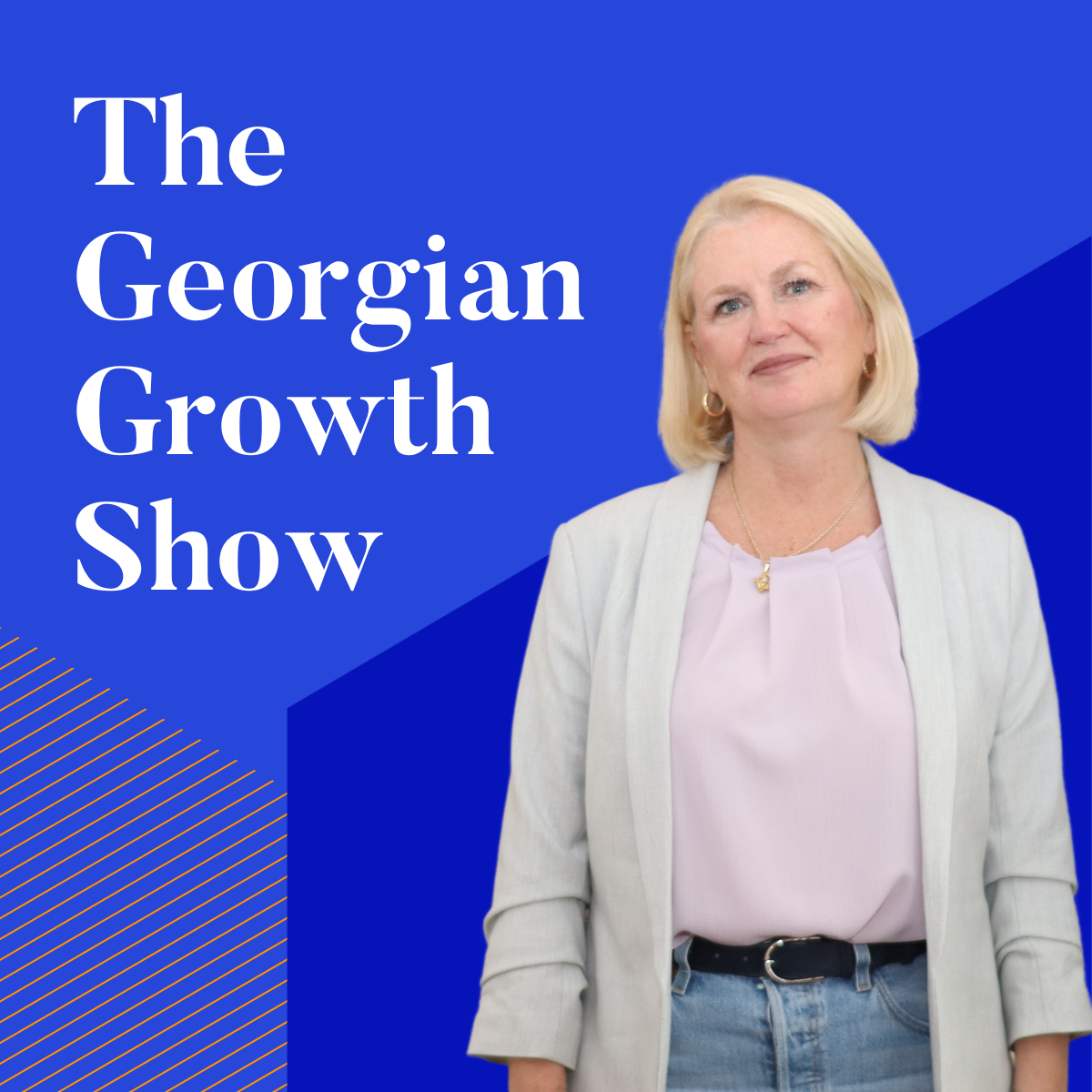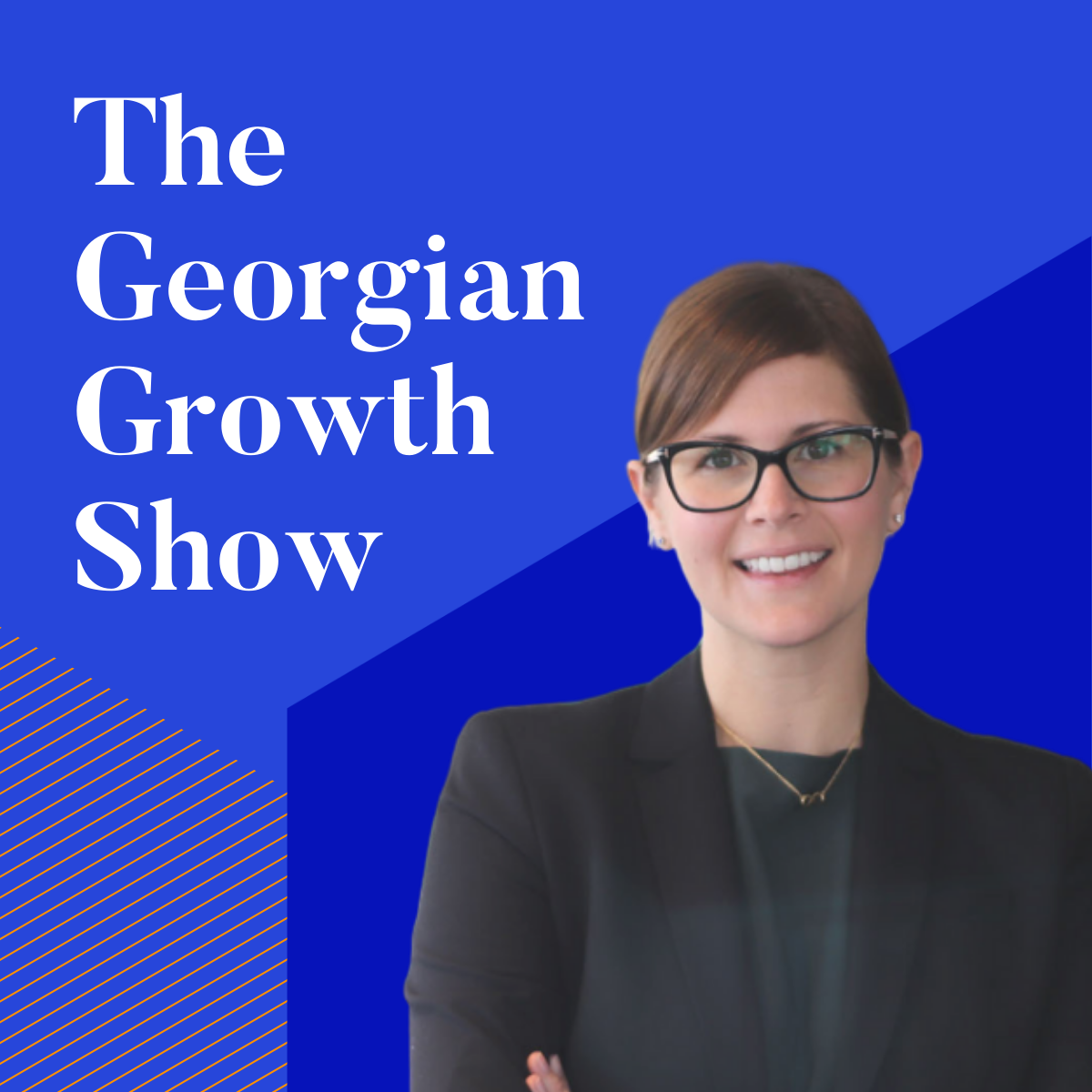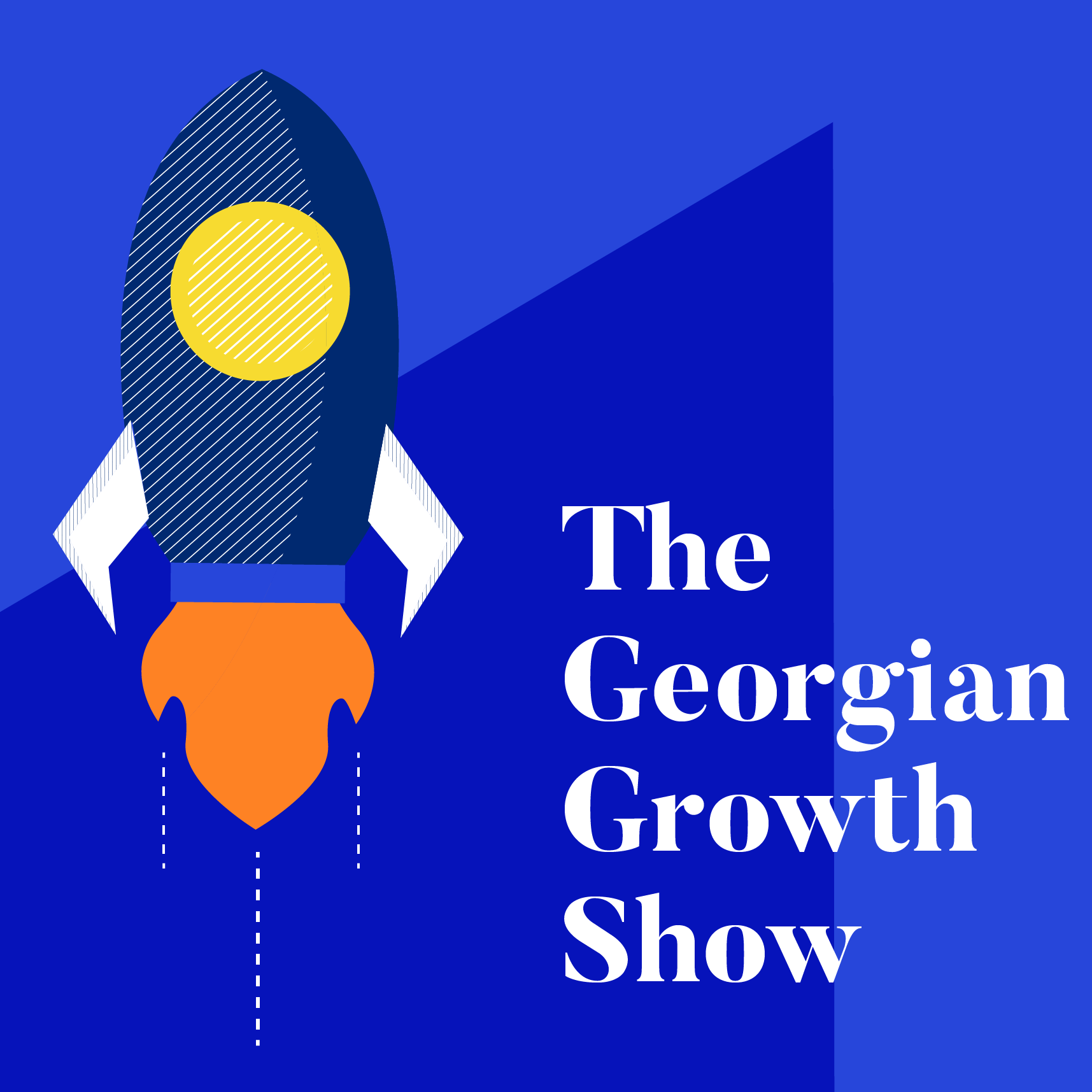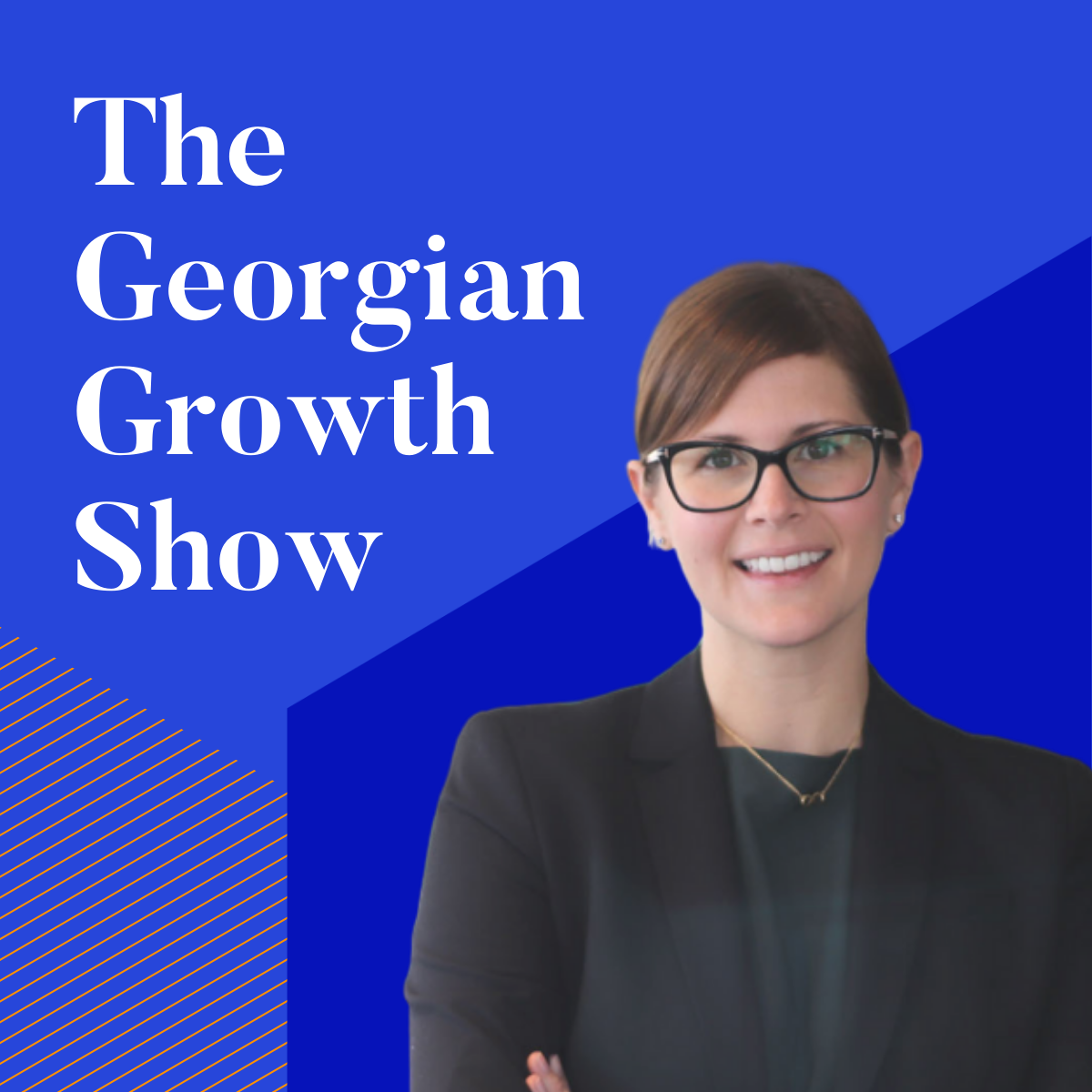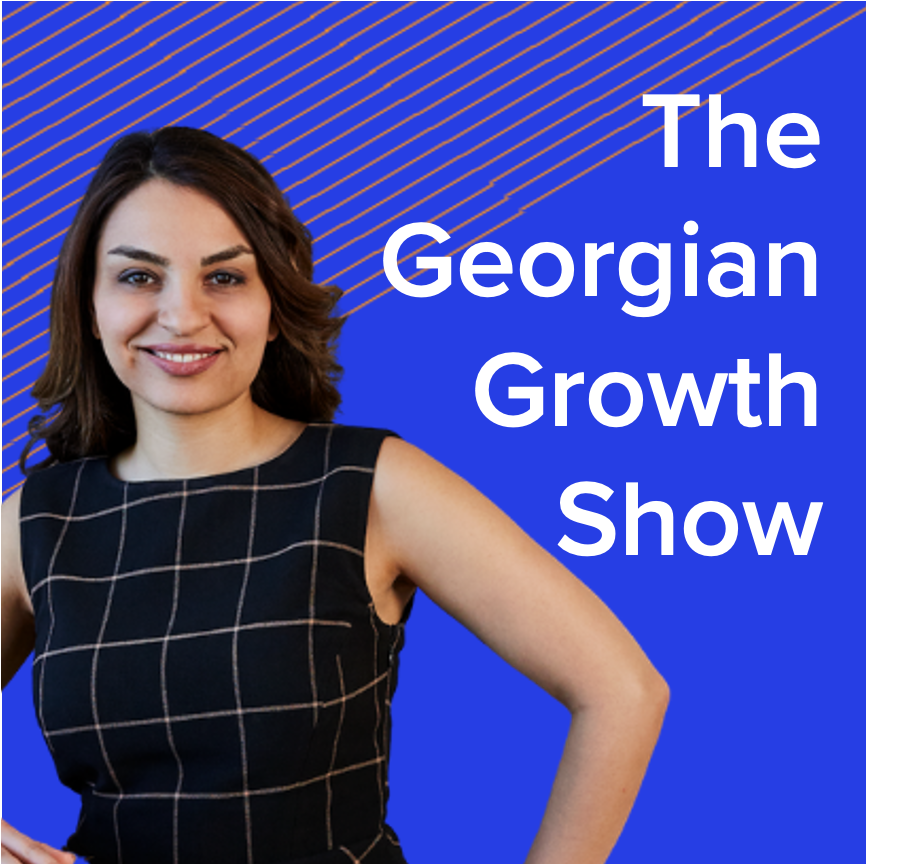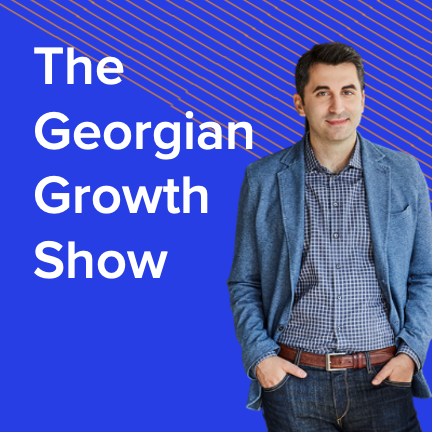Georgian's Alex Manea on Our Trust Investment Thesis
- 0.5
- 1
- 1.25
- 1.5
- 1.75
- 2
David Poole: Hi everyone, and welcome to another episode of the Georgian Growth Show. I'm David Poole, and today I'm joined by Alex Manea. Alex is Georgian's Head of Security and privacy and former CSO of Blackberry. Today we'll be talking about Georgian's trust thesis and what that means for companies we work with and the services that we offer around trust. Alex, welcome, and thanks so much for joining us.
Alex Manea: Thanks a lot for having me, David.
David Poole: I'd like to kick things off, maybe by asking you to go a little bit more into your background than I did just there and explain how you came to the subject in trust.
Alex Manea: Sure. As you mentioned, I'm the Head of Security and Privacy here at Georgian, and I've been with the company for about two years. What that means in terms of being Head of Security and Privacy is I both look after the cybersecurity operations and IT operations internally. But, the majority of my time is actually spent working with our customers and our portfolio companies to really help them understand the idea of trust and understand how to actually leverage areas like cybersecurity and privacy and transparency to drive real business value with their customers. My background's actually in cybersecurity. As you mentioned, David, I actually spent 12 years with Blackberry before joining Georgian. I was actually one of the founding members of their cybersecurity team and spent a long time there just building them up and helping to build that brand as one of the most trusted brands. One of the things that really attracted me to Georgian was this concept of trust, which is really, if you think about it, it's a super set of all of the things that we talk about when it comes to cybersecurity and privacy. It's interesting how that's evolved, because over the past 10, 15 years, there's been a lot of talk about security and about the importance of security. But, what happens is when you start talking to people about security, oftentimes they get into this old school mindset of security is about protecting the stuff that I already have. And, when you start up- leveling it and talking about trust and how to build and leverage customer trust, ultimately, then you're starting to talk about building real value and about getting new customers and new sources of revenue. Because if you think about it, every single one of our businesses is built on trust.
David Poole: So, Alex, how would you define Georgian's trust thesis, just in a nutshell? What do we look for and what do we believe?
Alex Manea: Yeah, essentially, our belief when it comes to the trust thesis is that companies that do a great job of building and leveraging trust with their customers are ultimately going to outperform competitors. I want to make it clear that this is not just a pie in the sky philosophy. This is something that we put hundreds of millions of dollars of investment behind, and it's something that we truly and honestly believe. And, trust is a very interesting topic, because it has a lot of different aspects to it. So, obviously, a lot of customer trust comes from the value. That's something that as business leaders and as CEOs and as CTOs, we're very comfortable with. Obviously, we build products primarily to give value to our customers. But, the area that's a lot more interesting, and that I think a lot of companies struggle with is the area of comfort. How do you get customers comfortable using your solutions and how do you get them comfortable with the value that you're delivering? So, we've done a lot of research around this and we've worked with a lot of our companies, and what we found is the comfort area actually has a lot of subsections to it. So, depending on who you talk to, and depending on who your customers are, they might focus on different areas. Obviously, security and privacy are the two areas that are most talked about out in the market, but there's also areas like accountability, for instance. To what extent do you, as a business, take responsibility for the way that you treat your customers and the way that you protect their data? One of the most interesting areas these days is around fairness, and this really has to do with a lot of the societal change that's going on today, and a lot of the broader discussions around fairness. What we're seeing is a lot of customers are asking companies a lot more specific questions around how do you make sure that you're treating my data fairly? How do you make sure that you're not adding bias towards certain customers? There's also areas like transparency, for instance. Generally speaking, as an industry, we can get a lot better in being more transparent around how we protect our customer data and giving our customers more information around how our system works. Then of course, there's always reliability. Reliability has been a huge topic, especially since the COVID pandemic hit, because what's happened is we have all of these electronic tools that have gone from being nice to have to being absolute must haves. The classic example here is Zoom, right? Zoom, almost overnight went from a very useful business tool to a critical piece of business infrastructure. So, reliability, the reliability of these types of tools has become so, so critical towards maintaining customer trust.
David Poole: All right. So, I like that you've broken trust down into some core concepts to consider there. So, on the one hand, you have the value that you're delivering and that can build trust with your customers. Then you have how comfortable you're making those customers by providing the product or service that you're offering. And, within comfort there's security and privacy, fairness, reliability, transparency, all of these more tangible concepts to consider. How would Georgian work with companies to help them specifically with these different concepts that make up trust and how can they then, use our offerings to build and leverage customer trust?
Alex Manea: Yeah, so the way we typically work with our companies is we really start by asking them how they think about customer trust. I find that, that's always very interesting because oftentimes what'll happen is the companies will focus on specific areas, and it'll really depend on the customer. So, for instance, if you're selling to big banks and financial institutions, chances are your focus on trust is very much going to be on the security side of things. If you're more of a B2B to C type of company, you might focus on areas more like privacy and reliability. So, the first step really, is just understanding the company's trust model. Also, we love to share our trust model with the companies and see what they think about it, and what we find is most companies find it to be a very interesting model and it really resonates with them. The next step that we often do, is we'll do what we call a trust workshop, where we'll actually sit down with the company's executive team for three hours and map out their entire end to end customer journey, and really identify what are some areas where they build trust with their customers and what are some areas where they leverage trust. Really, this is partially, it's a discovery workshop to understand their full customer workflow, but it all often ends up being an ideation workshop whereas, we're going through this, we naturally come up with ideas of, Oh, hey, we could do a better job of marketing our cybersecurity, or maybe we could do a better job of onboarding our customers, because maybe our salespeople are setting unrealistic expectations. Then, once we actually onboard the customers, our customer success team has trouble meeting those expectations. There's a lot of different types of things that we discover through this workshop. Then, what we do from there, is we really come out with action items and owners and dates, and these tend to be very different for every single company. So, again, it really depends on the company and the product. For some companies it might be very technical. It might be, let's do some very deep engagements and doing, let's say a security architecture review, looking at your security architecture from the point of view of a hacker. Maybe for a different company, it might be, let's say, an applied research engagement around something like anomaly detection, right? That company might be seeing a ton of inbound traffic coming in and their SIM is picking up a ton of information, but most of it is false positive. So, we would actually work with them to do an applied research engagement around an area like anomaly detection to see if we can actually improve that. For other companies, it might even just be a marketing thing, right? We see a lot of companies out there that do a great job of building trust with their customers, through their processes, through their technology, but maybe they just don't do a very good job of talking about it. So, in some cases we'll work with our CEO's and we'll work with the CMOs to put together a marketing strategy around trust to really help them push this out there, and become more transparent around how it is that they're actually protecting their users.
David Poole: I love that there is a more practical framework where the customer journey is at the center. It really, for me, illustrates that this isn't an easy technical fix, and it's not necessarily the domain of one single department or stakeholder within a company. This is really a cross- company initiative and involves every team, at each stage of the customer journey. And, it can be a mixture of technical challenges, and as you said, marketing or other communication- based initiatives that come out the workshop. I guess my next question would be, where can I go if I'm curious to learn more about trust and how to work with Georgian on these issues?
Alex Manea: Yeah. We actually have a lot of great resources online around trust. A couple of things I would start with, is obviously going through our website and looking through our trust thesis. Now, if you want to start digging into the individual components of trust, and figuring out which ones apply to your business, I would actually start with our white paper called the 11 Principles of Trust. This is actually a fantastic tool that helps you not only understand all the different areas that we talked about, but you can even start actually scoring yourself and start figuring out from your standpoint, where do you stand right now on trust and what are some areas that you feel like you can improve on? Another great resource that I would definitely recommend is our 2020 State of Trust Report. This is a really neat report that essentially talks about what are the key trends around trust? What are the key trends around cybersecurity and privacy? How have things like COVID and the racial justice protests impacted areas like fairness and accountability? It's really a very broad report that really helps you frame everything in the broader global and cultural context, and it's a very worthwhile read. Then, if you do want to discuss more about trust, I mean, feel free to reach out to me as well. I'm fairly easy to find, and you can add me on LinkedIn. We can have a chat, but definitely a lot of resources out there to take advantage of.
David Poole: Alex one o the things that I particularly liked about the State of Trust Report is the predictions that we tried to make for the rest of the year, and looking forward. What would you say for the listeners here, would be one thing that is emerging now, but people should just keep an eye on, because it's going to be even more impactful over the next six months?
Alex Manea: Yeah, I think that there's two key trends that are really top of mind right now. One is obviously, around fairness. If you look at our society over the past few months and you look at all the stuff going on around equality and racial justice, there's been very much a trickle- down effect there, where a lot of people are starting to ask businesses questions around, how do you ensure fairness, right? How do you ensure racial equality and gender equality within your own environment? What's going to happen with this over the next couple of years, is it's going to trickle down into areas like artificial intelligence. People right now, are building some of the first AI systems out there, and they're not necessarily thinking about to what extent those systems can continue to propagate bias through the systems. And, also to what extent they can actually introduce their own bias. So, if you are a business that is data science- focused and that's building artificial intelligence systems, I would definitely take a close look at some of the emerging work going on around fairness and around bias reduction, and really think about what are some ways that you can leverage that? Because, I think ultimately, the trust leaders of tomorrow are going to be the ones who build fairness into their AI systems today. So, I think that that's the first one that I would highlight. The other big trend that I think is coming, and I think everyone knows it's coming is around the internet of things. Historically, we very much relied on laptops and desktops and phones to do our work, but more and more, we're connecting a lot of devices to the internet that quite honestly were never meant to connect to the internet, smart TVs, smart watches, connected cars, all these types of things. And, especially as people start working remotely more often and especially with COVID accelerating the remote work environment, there's more and more of these types of risks happening where hackers aren't targeting PCs and they're not necessarily targeting phones anymore. They're targeting these IOT devices. So, if I were an enterprise CSO, which I am, I would definitely start thinking about what's your strategy around IOT, and how are you thinking about securing these IOT devices? Because, I think, over the next six months to a year, we're going to see a lot more hacks happening through these IOT devices. And, I think it's just a matter of time until one of these devices is used to backdoor an enterprise network and trigger a major data breach. So, I think those are the two that I would really focus on.
David Poole: Alex. That's awesome. You've given us a lot to think about there, and that was a fantastic overview of how to think about trust, but also how to put some of the thinking into action. So, thank you so much for joining us today.
Alex Manea: Thanks a lot for having me.
DESCRIPTION
On this episode of the Georgian Growth Show, Alex Manea talks about Georgian’s trust thesis and how Georgian works with companies to help address issuess such as security, privacy, fairness and transparency.
Alex answers:
- How do we Define trust at Georgian?
- How does Georgian work with our companies to help them with trust?
- Where should someone who wants to learn more read next?
